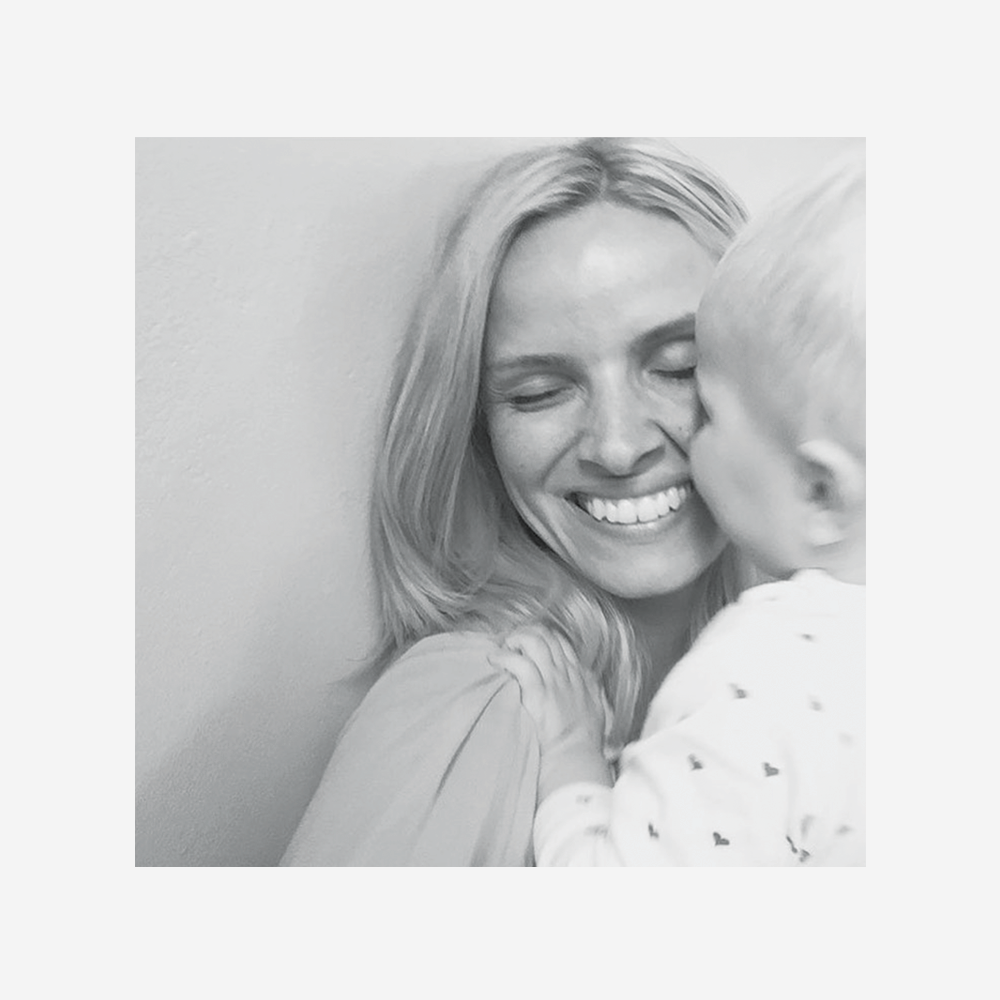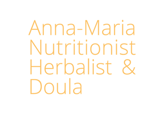Coffee contains antioxidants and phytochemicals that help protect the body from cardiovascular disease and some types of cancers. Additionally, the chemical compound, caffeine, is what we really tend to enjoy.
Caffeine stimulates the central nervous system and metabolism, which can help improve concentration, reduce fatigue and depression and may speed up fat metabolism. Green coffee beans that are young and unroasted contain higher concentrations, compared to the regular roasted beans containing chlorogenic acid, the chemical that stimulates metabolism and acts as a strong antioxidant as well.
So overall, when used in moderation, coffee can provide antioxidants, improve alertness and assist in weight loss.
How much coffee is good?
Most studies that have been conducted on the benefits of coffee, of which there seem to be several, are specifically dose-dependent. Therefore, the dose that has been proven beneficial for preventing cardiovascular disease and cancer is about four cups. “A cup” is about 177ml of coffee. Now, let’s compare that to a regular takeaway coffee here in Australia. According to the National Food Standards Australia, a regular coffee ranges from 280–290ml. So in reality, the maximum healthy dose of coffee is a maximum of 2.5 coffees daily. Coffee intake should not exceed 3 cups per day, as the dose is paramount for a healthy effect of caffeine vs. the unhealthy one.
There is more to this story, and it is a very personal one, in fact. We aren’t all the same, and our genetic setup plays a key role.
Why coffee can’t just be labeled as “good” or “bad”
Our genotype determines how well we can “deal” with the chemical caffeine. It means that we all have a specific genotype, which (among other things) determines if caffeine is beneficial or not to your health. Genetic testing is one way to find out, but looking at your symptoms when you consume a cup of coffee can be all that is needed. If you have been feeling jittery for ages, or if having coffee after midday leaves you sleepless, you likely have a slow metabolism, which means that your ability to detox the caffeine takes longer than someone who has a fast metabolism (or a CYP1A2*1A snip).
However, having said that not everyone will get clear-cut signals, the symptoms can be mild and we can build up a level of tolerance that can mask the symptoms due to the high adrenaline rush. Removing coffee from your diet entirely for a few days may make you feel better and chronic conditions can clear up unexpectedly. If that were the case, I would expect you to be a slow metabolizer.
The real benefit of checking your genotype in relation to caffeine is that if you are a slow metabolizer, caffeine is not healthy for you and does not provide the anti-cancerous or cardiovascular protection, unlike in fast metabolizers.
A side-note on decaffeinated and organic coffee
When choosing decaffeinated coffee, which may be the choice for people who find caffeine to be too stimulating, opting for a joe that has been decaffeinated by the “water method” or “Swiss Water method” is preferable. This is process uses hot water, steam, and a charcoal filter to remove caffeine from the raw beans as opposed to the method that uses methylene chloride to remove the caffeine. Methylene chloride has been associated with liver damage and is highly toxic. So the next time ask your barista what decaffeination method has been used.
The bottom line
Here’s what goes for all genotypes, fast or slow. Coffee is a diuretic, and in being so, it depletes us of our water-soluble vitamins, such as vitamin C and vitamin B, especially vitamin B5, the anti-stress vitamin.
It also affects the mineral status of the body by preventing iron absorption and reduces zinc, magnesium, potassium, and calcium levels in the body, all of which are very important nutrients.
As you can see, it is not ideal to have coffee with your meal (as you may excrete those great nutrients from your food) or worse, if you take a multivitamin and then have your coffee. It essentially drowns vitamins down the drain. I suggest having a 30– 60-minute gap between taking supplements or eating a meal and having a coffee to buffer the diuretic effect. See more about in the video here.
Despite the positive studies on caffeine, my advice is to have one coffee daily, only if you do not experience trembling or an overly rapid heart rate. The health benefits mentioned can be easily achieved from an organic whole food diet with a wide range of leafy vegetables and 3–4 cups of vegetables daily, especially those deep purple, orange, and red ones. I would also suggest using caution if you are feeling unwell, have a chronic low-grade immune function, have a family history of osteoporosis, and lastly, please do not rely on coffee to have your daily bowel movement. Bowel motions should be achieved without the use of coffee. If not, there’s a good chance that your daily brew is masking an underlying digestive issue.
Coffee during pregnancy and when breastfeeding
Caffeine readily crosses the placenta and enters the fetal circulation fairly quickly. This is not ideal, as the fetus is not developed enough to metabolise coffee yet. This is essentially the same for alcohol and other chemicals, such as some medications and cigarettes. However, coffee is not the worst of the bunch and unless you don’t feel well when having a cup, the recommendation is to have a maximum of one cup daily. Having said that, I do suggest you limit your coffee intake further to one every few days, if needed. For some women, coffee can increase the chance of a pre-term delivery, so it is advisable to limit your consumption in the 3rd trimester or if you are feeling unwell.
I do not recommend coffee during pregnancy due to its diuretic effect, as it can be dehydrating and as has been mentioned earlier, it can devoid you of important nutrients. It also reduces the function of the lower oesophageal sphincter and can cause or worsen reflux.
When breastfeeding, you need much greater nutrient intake and that is the first reason why coffee consumption should be avoided. The second thing to consider in breastfeeding is that some babies, not all, can be stimulated by caffeine, which may cause the baby to be restless and fussy. Some studies have found that a baby will sleep less when the mother has consumed coffee that day. This is a good thing to note, as it can easily be avoided and life will be much easier when we don’t have a fussy baby on our hands.
If you do consume coffee while breastfeeding, it is noteworthy that the highest concentrations of caffeine can be found in your breast milk, one hour after having a cup. This tells us that caffeine is metabolised a great deal slower than when you are not breastfeeding. Ideally, you can breastfeed while or immediately after having consumed your cuppa and only if you do not feel overly stimulated as pointed out earlier in the text. The ideal timing is to breastfeed 1–2 hours after your last after having your espresso or latte.
If you are wondering about your health and would like more information, please get in touch. I am here to help.
Read more about my services:
Article References
https://www.ncbi.nlm.nih.gov/pmc/articles/PMC4242593/
http://www.foodstandards.gov.au/science/monitoringnutrients/ausnut/foodmeasures/Pages/Takeaway-beverage-measures-program---data-table.aspx
http://clinchem.aaccjnls.org/content

Get A Free Gift
My Top 10 Foods for a Happier Healthier Mum
As a fellow mum (of three wonderful girls) I really know how challenging and exhausting being a mum can be at times!
When I first became a mum I realised just how much my lifestyle and diet played a part in how well I coped with the demanding tasks of caring for my little ones.
I help so many women through all kinds of burnout, exhaustion, weight gain, digestive and hormone problems, illness and general low's.... and I never get tired of seeing just how well they respond to my graspable and nurturing support. It really makes my job such a blessing, to be able to help you.
Alright, let's get to it! Here are my top 10 tips to become a happier and healthier mum!



